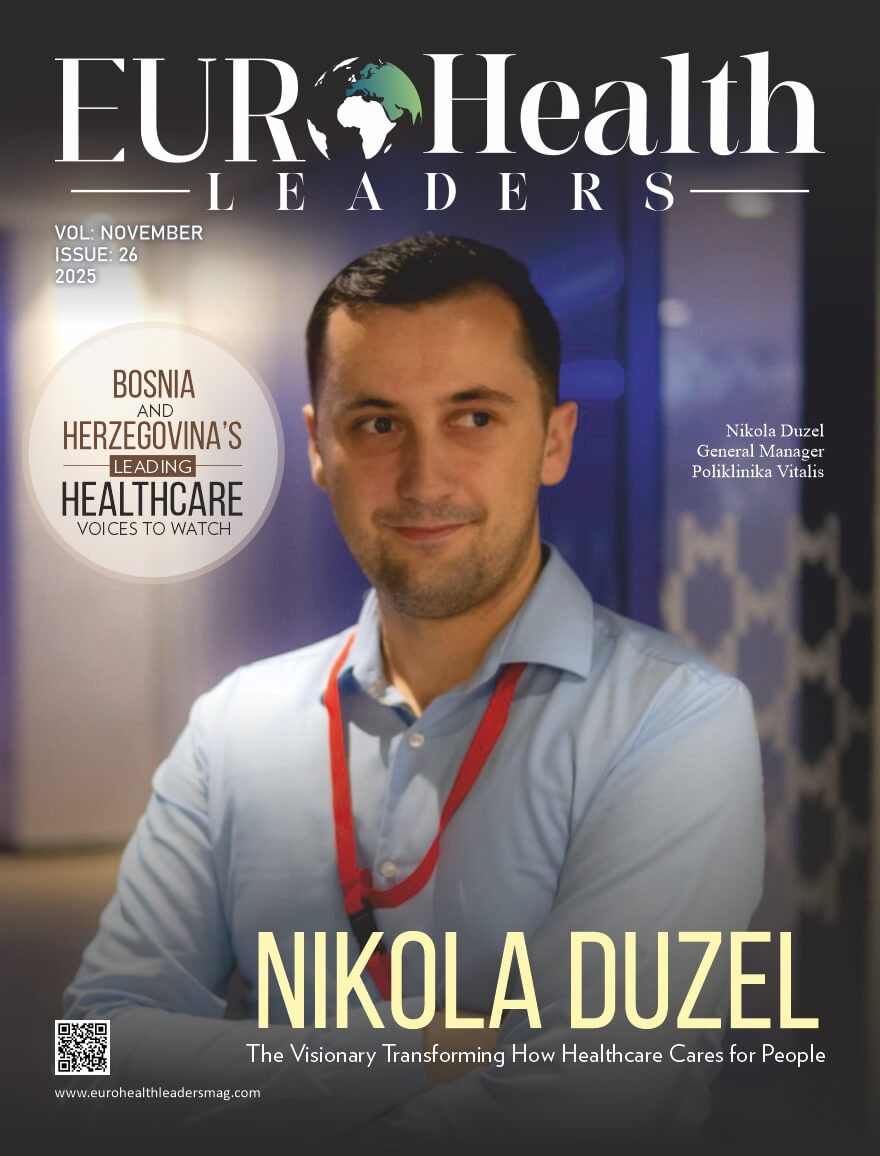These days, healthcare workers go through a lot. The hours are long. The choices are hard. The pressure doesn’t stop. And while they stay strong for others, they’re human too. They feel stress. They get tired. They carry the weight of other people’s pain.
That’s where emotional intelligence comes in. It’s about understanding feelings—your own and others’. For people in healthcare, it makes a big difference. It helps them stay calm. It helps them connect. And most of all, it helps them keep caring—even on the hard days.
What is Emotional Intelligence?
EQ is the emotional intelligence which refers to the emotional understanding or management of yourself and the ability to recognize the actions and feelings of other people. It is all about knowing how you feel influences thoughts and behaviors. Stress is high and the consequences can be life and death in healthcare, so EQ can be used to maintain professional calm under pressure and keep us focused and connected.
Employees with high emotional intelligence will be able to deal much more with stressful situations within healthcare. They are able to communicate effectively with the patients and fellow medics. They are sympathetic and caring, this develops trust. This does not only serve the patients well, but it also safeguards the caregivers themselves.
Why Burnout Happens
Healthcare is faced with a grave issue of burnout. It occurs when professionals are burned out, overwhelmed and emotionally depleted. Doctors and nurses cannot perform to the best of their abilities when they are burnt out. They may feel alien to patients or find no purpose. This may result in errors made, poor quality services, and even health issues among the employees.
Burnout results due to several reasons which include long shifts, emotional pressure, workloads, and at times due to a lack of support. Healthcare workers are susceptible to a breaking point unless they are equipped with tools to help them deal with these types of pressures.
How Emotional Intelligence Helps
Emotional intelligence would be a protection against burnout. Emotional intelligence allows healthcare workers to understand their own emotions in a better way. This is in the sense that they will be able to be aware of accumulated stress and attempt to cope with them. They may set aside time to improve their health, seek assistance, or identify stress reducing methods.
Moreover, healthcare employees working on a team do well in communicating to one another, when they have a high EQ. They can get rid of sharing concerns and offer support as well as solve the problems together. This forms a good work culture in the organization where the individuals feel important and understandable.
Notably, emotional intelligence assists practitioners in engaging closely with their patients. This bond is fulfilling and helps healthcare professionals to remember why they entered the profession.
Simple Ways to Build Emotional Intelligence
Being a perfect person does not mean developing emotional intelligence. It is about becoming a learner to be able to identify emotions and handling them in a healthy manner. The steps that can be undertaken by healthcare workers are as follows:
- Breathe: When stress kicks in, it is always advisable that you take a moment to breathe deeply. This relaxes the body and the mind.
- Reflect on emotions: First of all, question yourself: what am I feeling now? Labeling emotions will assist you in dealing with them.
- Be a good listener: Just listen to patients and co-workers and give them your full attention.
- Be kind: A smile or a kind word can make everyone feel better.
- Seek assistance: It is not shameful to approach the fellow employees or friends or even counselors when things become overwhelming.
- Be caring to yourself: Take breaks, have leisure activities and healthy routines when you are not working.
Hospitals and clinics can help their workers by providing Emotional intelligence that trains and make them feel free to share what they feel. When open discussions are encouraged in regards to stress and feelings, stigma is reduced and teamwork is enhanced.
Real-Life Examples
Emotional intelligence training has also reduced the level of burnouts in most hospitals. To take an example, in some hospitals, group sessions where the staffs express their feelings and problems are conducted regularly. Such gatherings lead to the development of understanding and support.
The other instance is a doctor who can enhance the communication between him and his patients through active listening. She allows the patients to talk and asks questions that demonstrate that she cares rather than rushing. This helps to establish trust and gives more meaning to her work.
The Bigger Picture
Emotional intelligence does not exist as individuated ability. It is a bigger transformation of the healthcare towards caring about the caregivers. Hospitals and medical administrators are understanding that emotional support of employees also makes the difference.
By valuing emotional intelligence, healthcare systems can create healthier workplaces. This means fewer mistakes, happier staff, and stronger patient relationships. Everyone benefits.









